Screen Notes
Love and Anarchy: The Films of Lina Wertmüller
Explore the work of one-time arthouse sensation Lina Wertmüller, one of the most acclaimed directors in world cinema in the 1970s whose work has been near-impossible to see in the UK, until now.
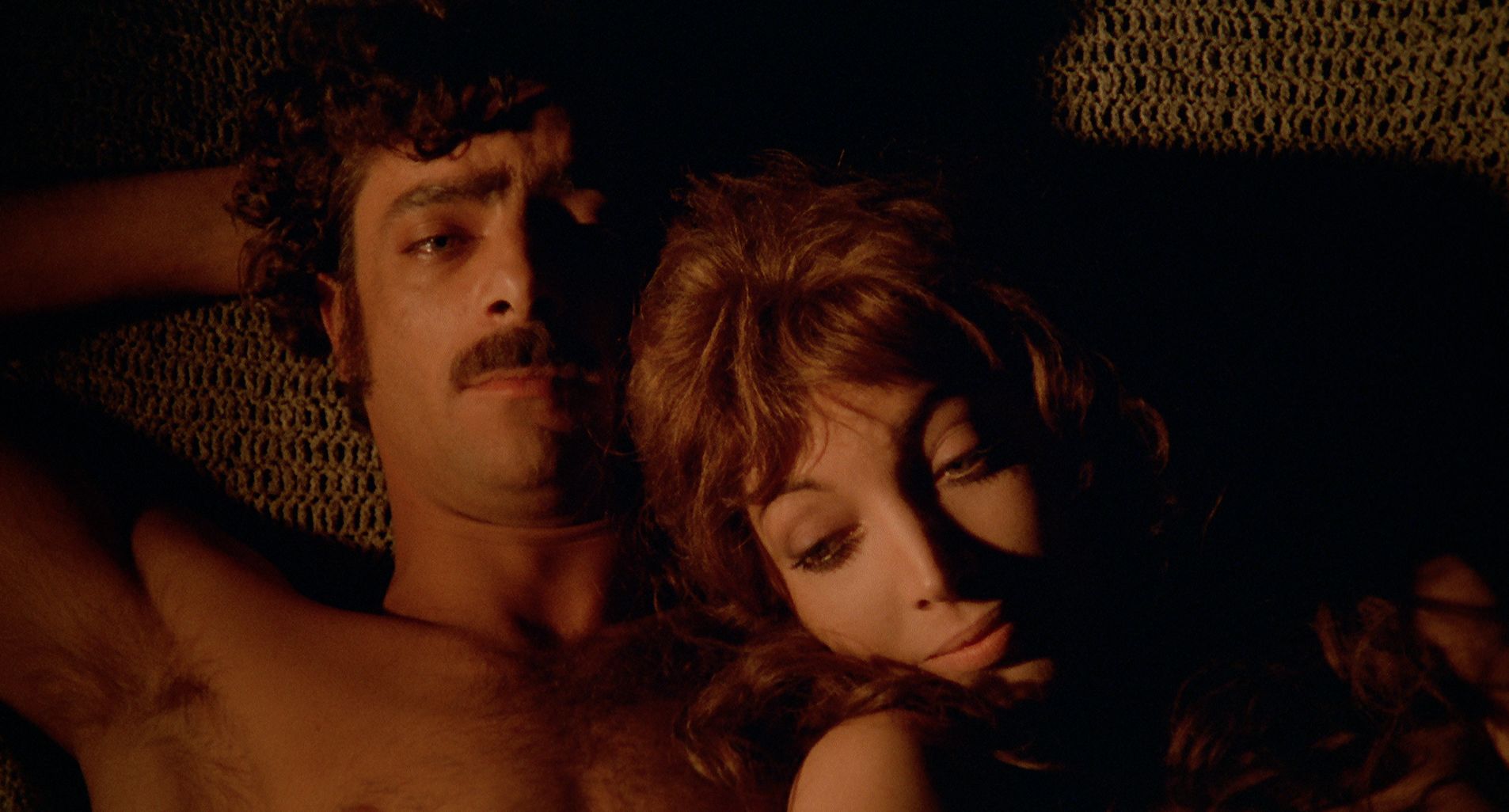
'[Wertmüller’s] pictures were funny and frighteningly harrowing and big and emotional and over-the-top and popular. And within that register, she was able to do things that nobody else was doing… This was a very special artistic vision.'
Explore the work of one-time arthouse sensation Lina Wertmüller, one of the most acclaimed directors in world cinema in the 1970s whose work has been near-impossible to see in the UK, until now.
In the first instalment of Hidden Figures, a new strand celebrating filmmakers who have been unjustly neglected in cinema history, we bring you the work of Italian director Lina Wertmüller.
We spoke to our cinema curator Alex Davidson to take you through the selection of satires and comedies that comprise this programme of rarely-seen restorations.
Seven Beauties
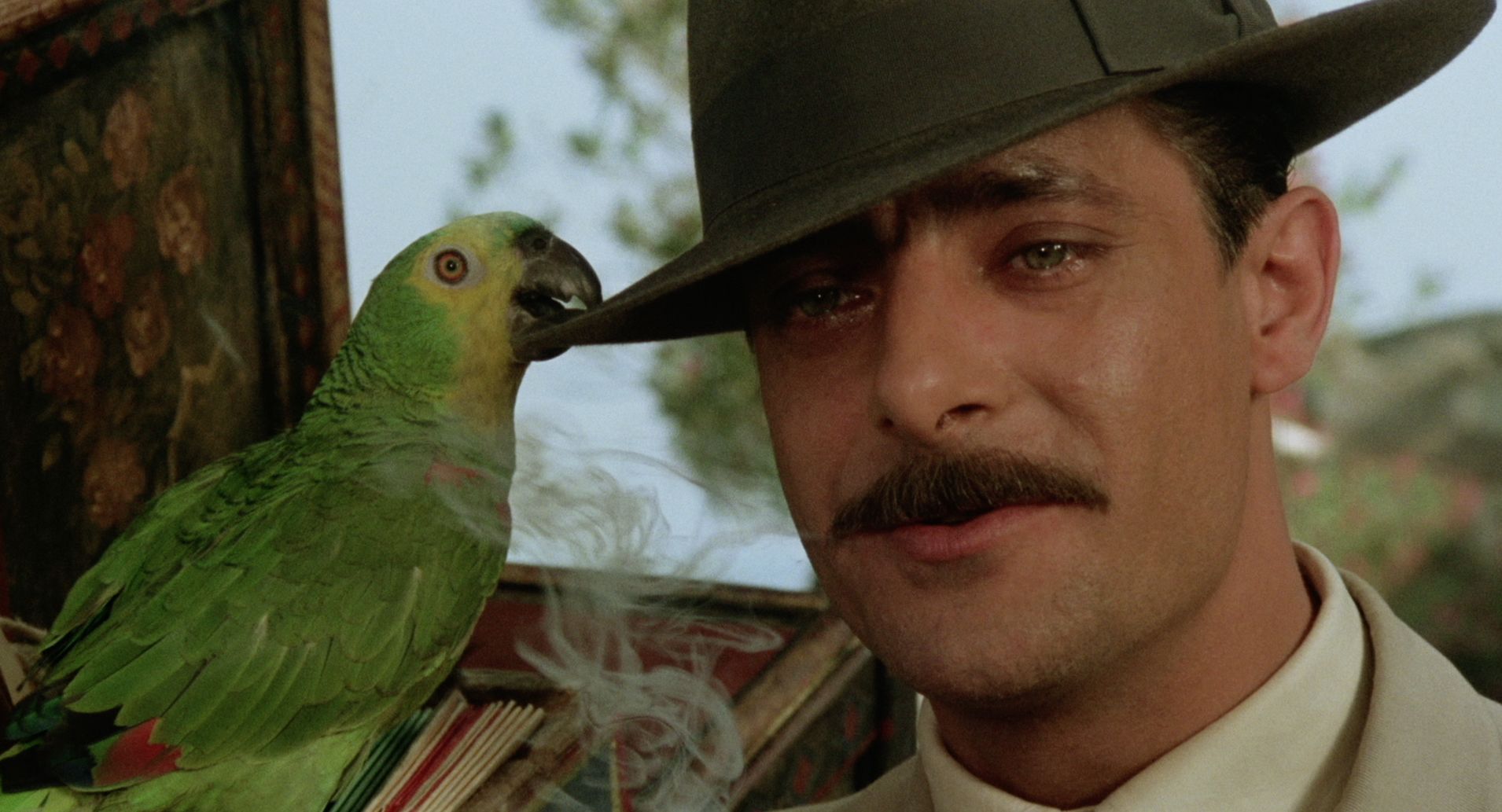
Why you should see this...
In fascist Italy, a macho small-time criminal (Giancarlo Giannini in an Oscar-nominated performance) triggers a personal downfall when he vows revenge on a rival, which ultimately sees his will to survival tested to its limits when he is sent to a concentration camp.
There’s nothing else quite like Seven Beauties in cinema history. This often hilarious, always provocative tragicomedy is a masterpiece of Italian cinema. While the bawdy influences of Fellini and Pasolini are clear, this dark, unique vision is entirely Wertmüller’s own.
Trivia
Wertmüller became the first woman to be nominated for the Best Director Oscar® for Seven Beauties. It would take nearly two decades before the next woman would receive a nomination in the category (Jane Campion for The Piano), and only three other women – Sofia Coppola, Kathryn Bigelow (who won, for The Hurt Locker) and Greta Gerwig have joined their ranks.
Shirley Stoler, an American actor who gives an unforgettable performance as the terrifying camp commandant, is best known for playing murderer Martha Beck in The Honeymoon Killers (1970).
See this if you liked...
The Conformist (1970)
Dir: Bernardo Bertolucci
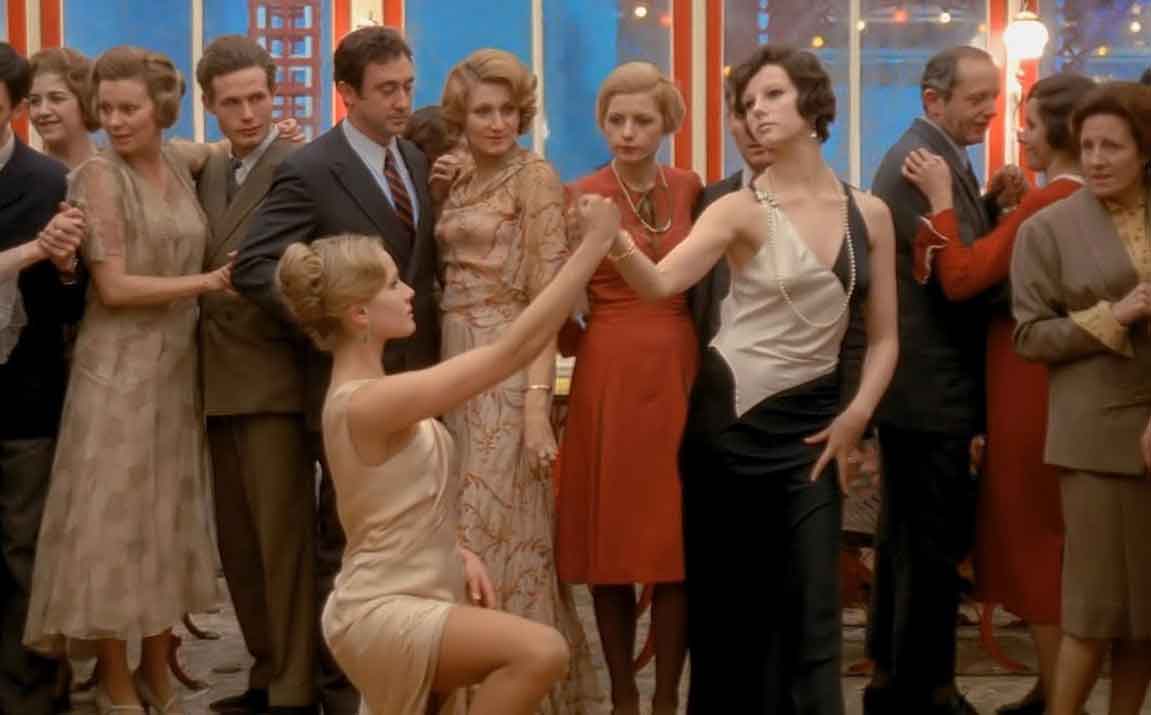
Curator Note
‘Seven Beauties is an astonishing critique of humanity in crisis, with daring bursts of pitch-black humour and a tremendous performance from Giannini, giving an extreme portrait of masculine entitlement under attack.’
Alex Davidson, Barbican Cinema Curator

The Seduction of Mimi
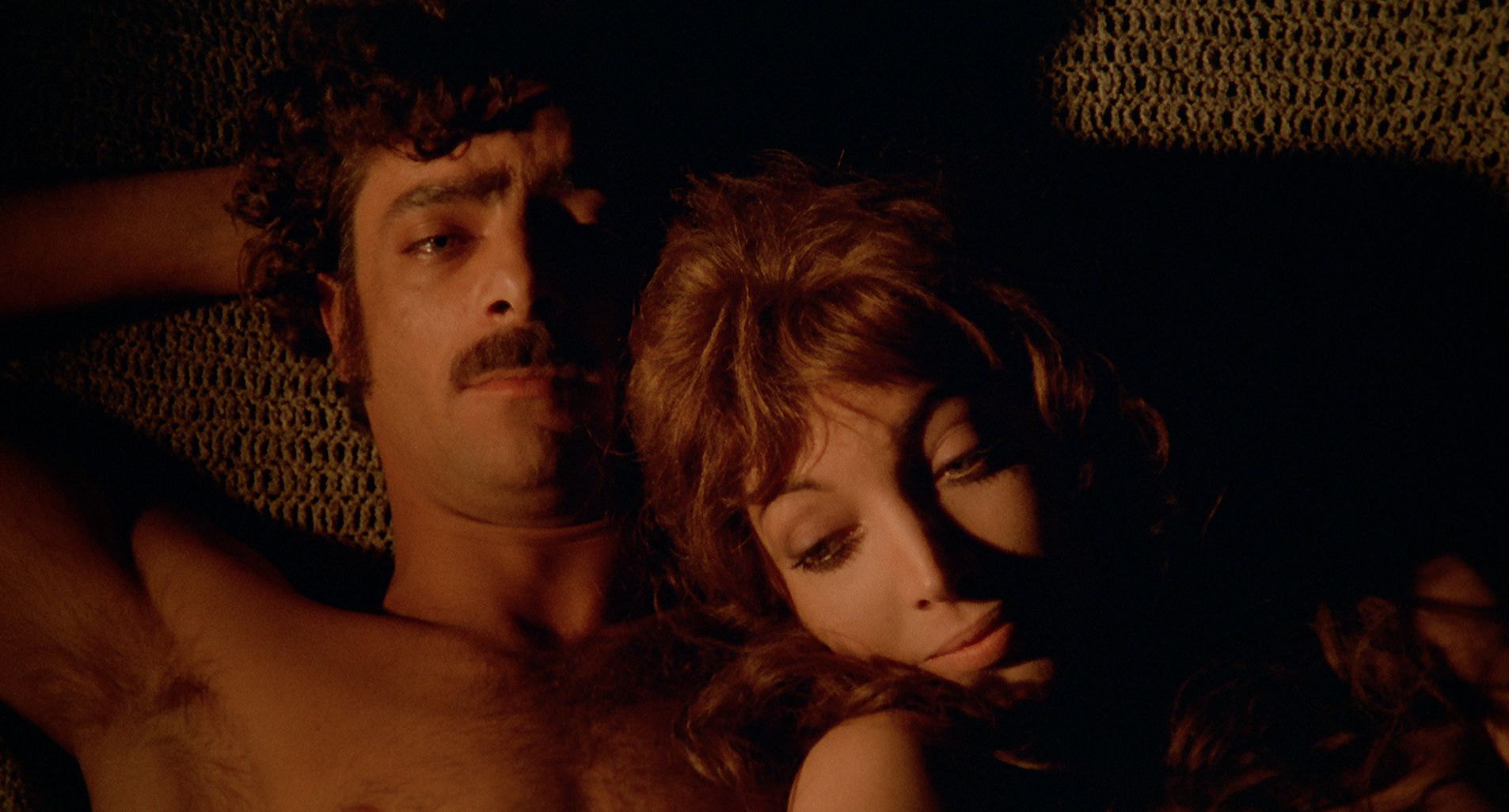
Why you should see this…
Wertmüller’s alchemy of mixing broad farce with sharp satire is at its zenith in The Seduction of Mimi, a wild fable about a married man with communist ideals who flees his mafia-plagued Sicilian village for the bright lights of Turin. He falls in love with a fellow socialist, but finds his ideals challenged when he returns to his hometown.
There are some jaw-dropping scenes in this unashamedly vulgar comedy, Wertmüller’s most out-and-out comedy. It features a phenomenal performance from the late Elena Fiore, who starred in several of the director’s films, and whose buttocks fill the screen in the film’s controversial sex scene.
Trivia
This was the first of many successful collaborations between Wertmüller and Giancarlo Giannini, a rare example of a female director working regularly with a male lead actor.
The film was remade in the US as (Which Way Is Up? 1977), starring Richard Pryor in three roles – as the lead character, his father, and a corrupt reverend.
See this if you liked…
Amarcord (1973)
Dir: Federico Fellini
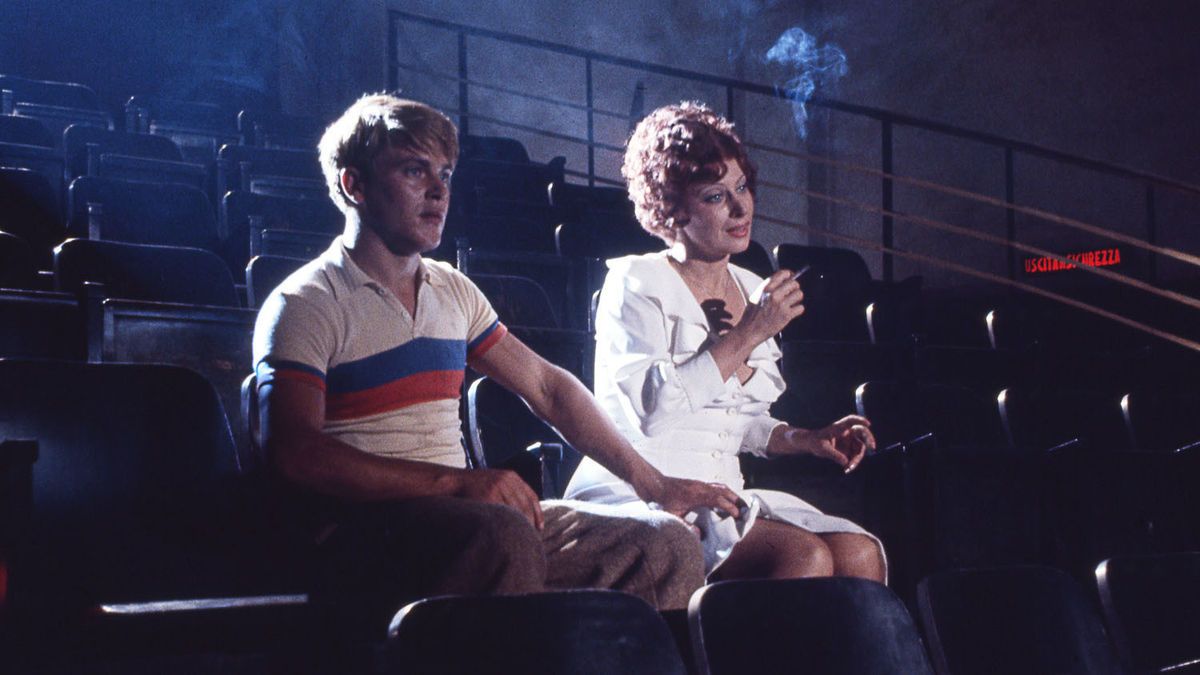
Curator note
'Two scenes – one of domestic violence, one of a hair-raising seduction – throw political correctness out the window, but Fiore is magnificent in her role, and the film’s critique of inadequate men is as sharp and relevant as ever. Of all Wertmüller’s films, this is the one that best displays her love of Commedia dell'arte.'
Alex Davidson, Barbican Cinema Curator

Love and Anarchy
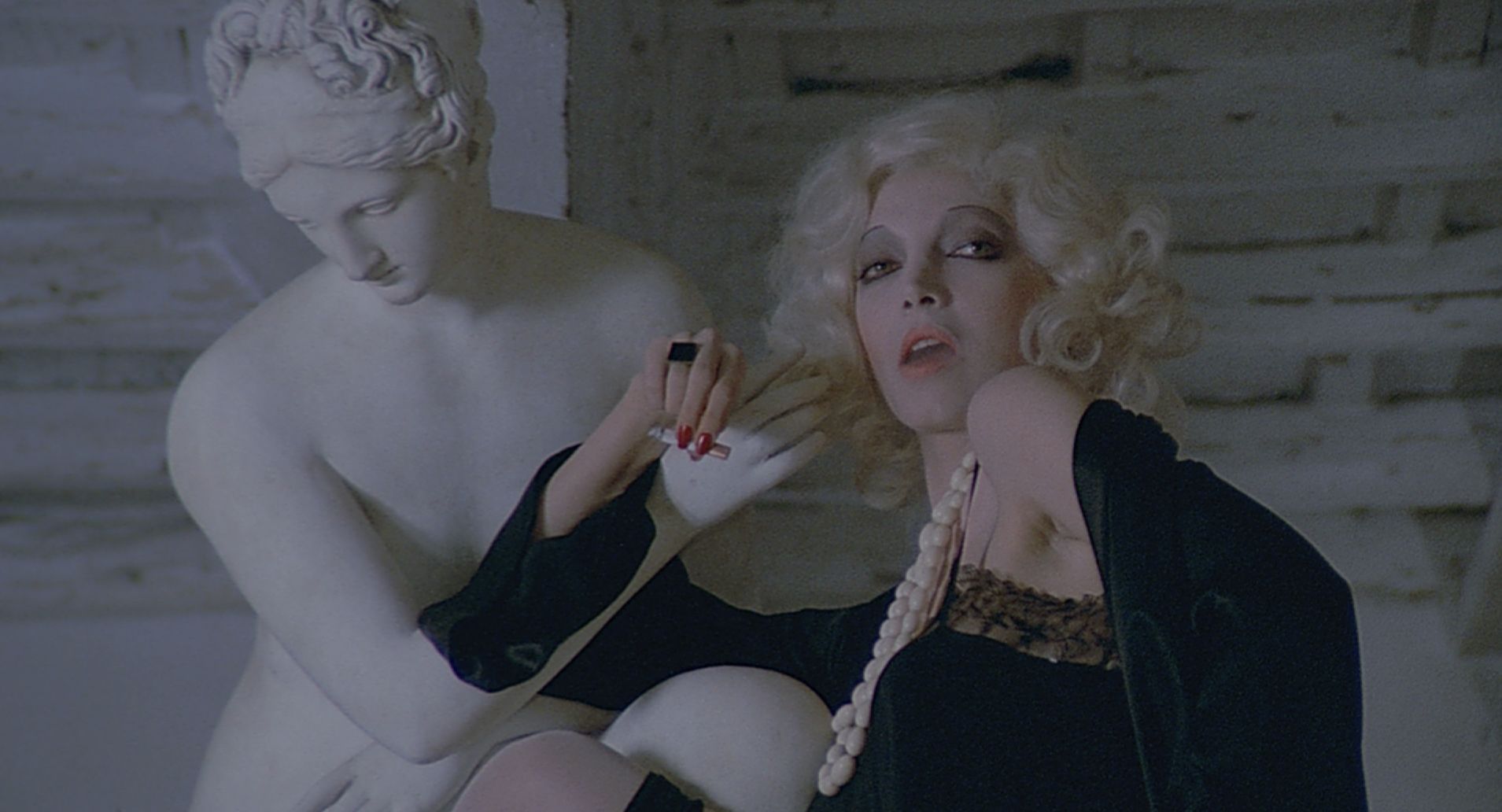
Why you should see this…
An innocent farm hand travels to Rome to assassinate Mussolini, but love gets in the way in Wertmüller’s surprisingly touching political drama. The films show a darker side to Italian life than her cheerfully savage melodramas, although a lengthy fight scene between two women is Wertmüller at her bawdiest.
Love and Anarchy boasts a large number of meaty roles for its female cast, with special mention for Mariangela Melato’s wry turn as an anarchist working undercover as a sex worker.
Trivia
Giancarlo Giannini won the Best Actor award at Cannes for his unusually sensitive performance as a man with political murder on his mind, the first time a woman directed an actor to winning an award at the festival. Although made after The Seduction of Mimi, it was released first, and was the film that started the vogue for Wertmüller’s films in the US.
The marvellous score was written by Nino Rota, fresh from composing the unforgettable music for The Godfather (1972).
See this if you liked...
Inglourious Basterds (2009)
Dir: Quentin Tarantino
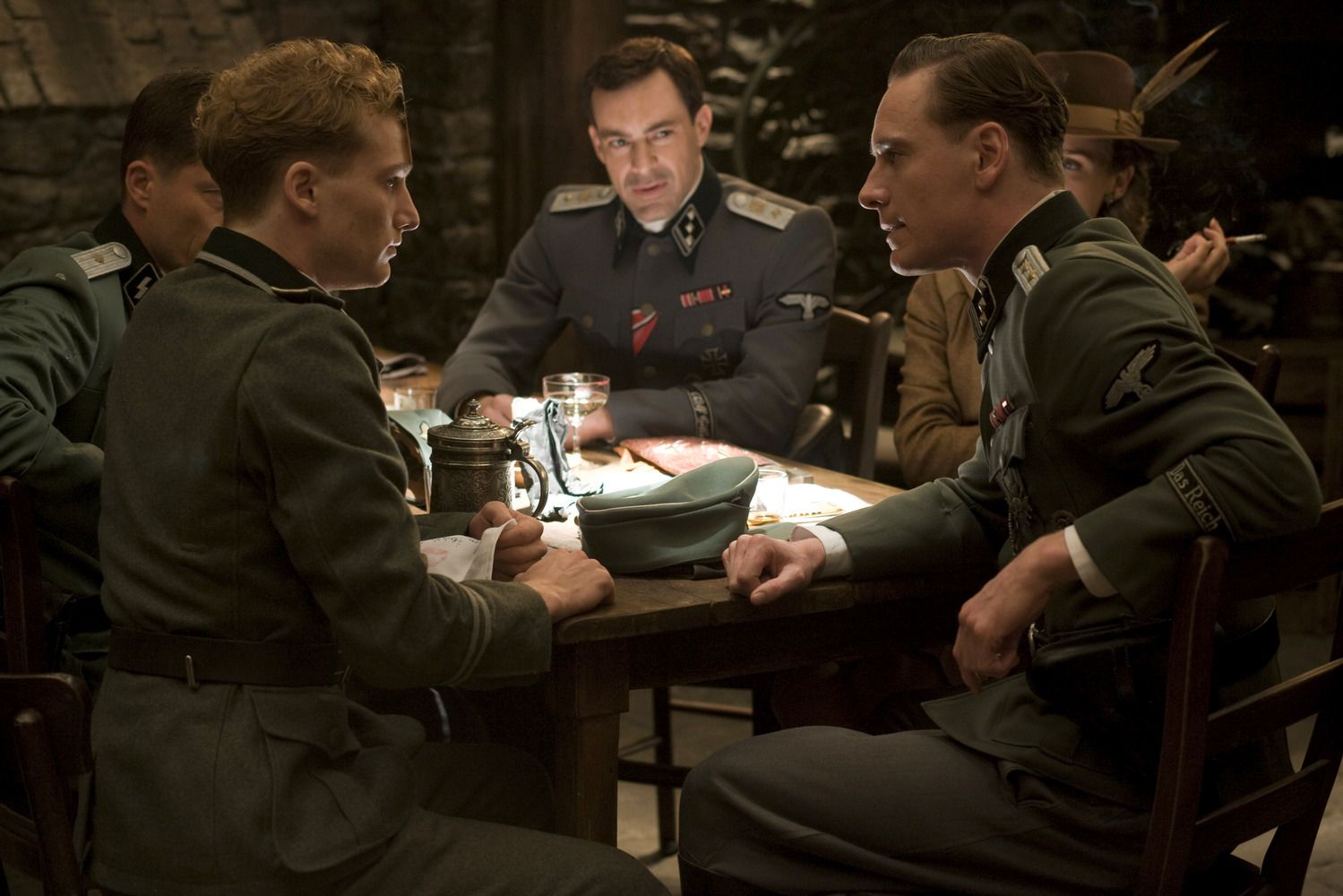
Curator note
'While the riotous comedy and larger-than-life caricatures are present in Love and Anarchy, it has a more melancholy tone than of Wertmuller’s best known films, and shuns ironic distance in favour of a poignant portrait of an idealistic man completely out of his depth.'
Alex Davidson, Barbican Cinema Curator

Swept Away

Why you should see this…
A tempestuous tale of a rich woman (Mariangela Melato) and a working-class sailor (Giancarlo Giannini) whose social roles are reversed when they are stranded on an island, Swept Away was Lina Wertmüller’s biggest box office success in the US and is an essential title in her filmography. Its admirers include directors Allison Anders, Amy Hecklering and Spike Lee.
Conversely, the brutal treatment shown towards Melato’s character is deeply problematic, with critics such as Pauline Kael savaging its gender politics. You don’t get to be a provocateur without ruffling a few feathers, and while Swept Away may offend some viewers, its explosive depiction of social taboos is text book Wertmüller.
Trivia
Swept Away may have been a box office smash, but it remains a hugely polarising film. Roger Ebert gave it his highest rating upon its release, while Vincent Canby in the New York Times wrote that 'Giannini and Melato are the best things to happen to Italian comedy since Marcello Mastroianni and Sophia Loren' but years later a review in the Village Voice described it as 'possibly the most outrageously misogynist film ever made by a woman.'
An infamous remake, starring Madonna and directed by her then husband Guy Ritchie, removed much of the political and class critique of the original and was universally panned. Giannini’s son Adriano plays the role his father portrayed decades earlier.
See this if you liked…
Divorce Italian Style (1961)
Dir: Pietro Germi
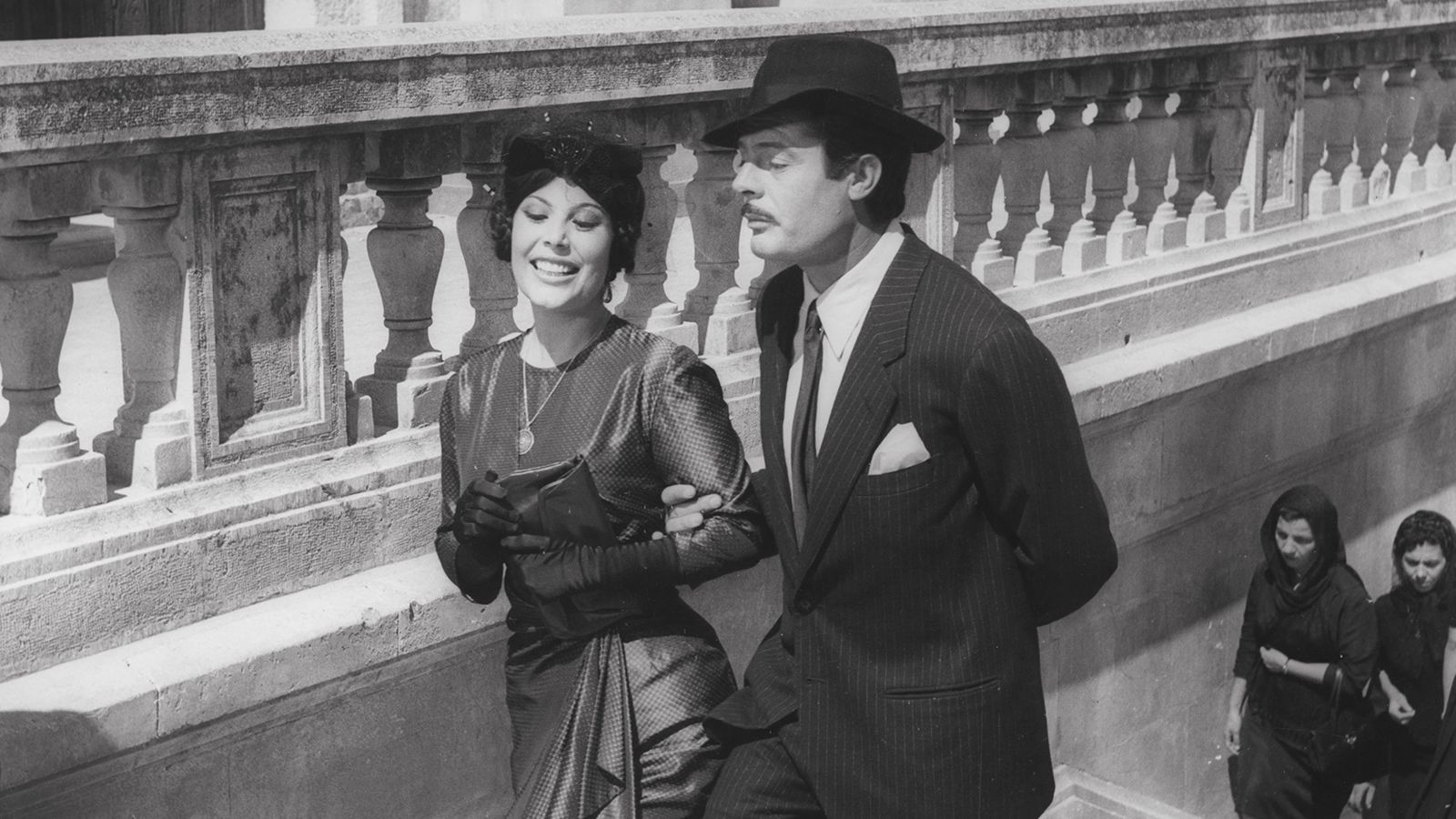
Curator Note
'While its scenes of violence towards its female character, including a sexual assault, and Raffaella’s submissive response, are disturbing to watch, Swept Away is an important feature in Wertmuller’s career. Her familiar themes of gender and class warfare are as potent as ever, and Melato and Ginannini are typically excellent'
Alex Davidson, Barbican Cinema Curator

About
Love and Anarchy: The Films of Lina Wertmüller
In the first instalment of Hidden Figures, a new strand celebrating filmmakers who have been unjustly neglected in cinema history, we bring you the work of Italian director Lina Wertmüller.
An arthouse sensation who became the first woman to be nominated for the Best Director Oscar®, Lina Wertmüller was one of the most acclaimed directors in world cinema in the 1970s.
If you’d like to learn more about Wertmüller’s life and career, don’t miss Behind the White Glasses, followed by a ScreenTalk with its director, Valerio Ruiz.
Love and Anarchy: The Films of Lina Wertmüller takes place 6–31 March.
Watch this space
Bold cinema, bravely curated
Explore the programme at the Barbican, one of London's boldest cinemas, transporting you out of your comfort zone and into the world of international cinema.


